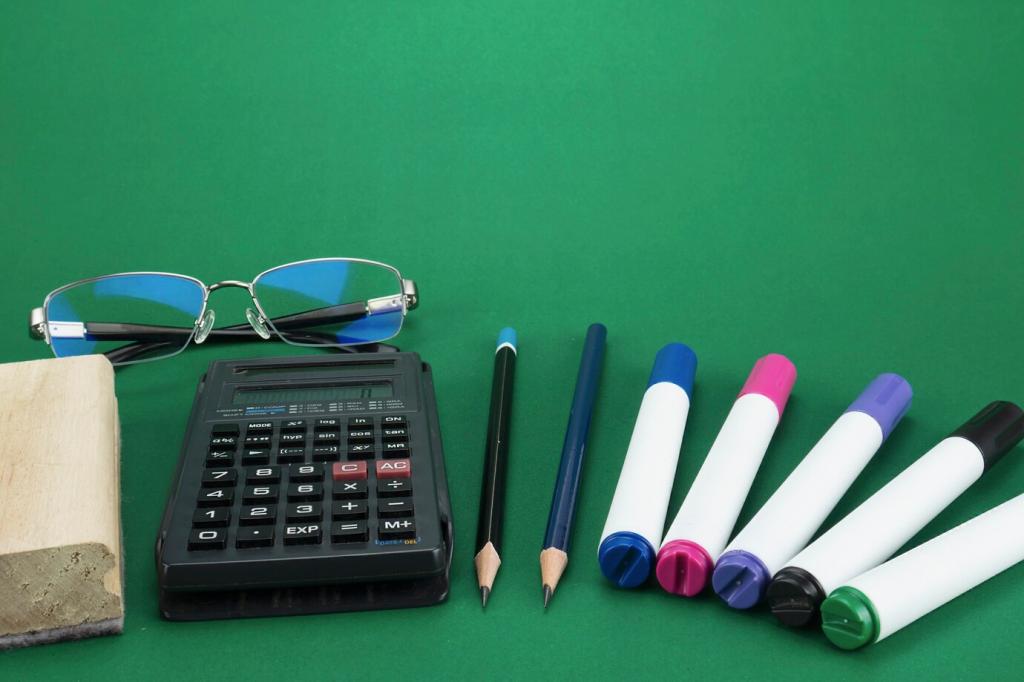Blockchain’s Role in Financial Literacy: A Clear Path to Smarter Money Decisions
Chosen theme: Blockchain’s Role in Financial Literacy. Explore how transparent ledgers, self-custody, and verifiable data can turn complex financial ideas into everyday understanding, empowering you to budget, save, and invest more confidently. Subscribe to join our growing community of curious learners reshaping their money habits for the digital age.





Private Keys, Public Lessons
A private key unlocks funds, while a public address invites deposits. Teaching this pair clarifies ownership and consent. It’s a powerful lesson: control is meaningful only when you protect your keys and verify addresses before sending anything of value.
Hot vs. Cold, Risk vs. Convenience
Hot wallets are connected and convenient; cold wallets are offline and safer. Comparing both helps learners balance everyday utility with long-term security, similar to choosing between a checking account for spending and a vault for precious keepsakes.
Grandma’s First Wallet: A True Story
My neighbor taught his grandmother to use a wallet by practicing on a test network. After three mock transfers, she whispered, “I finally see where money goes.” That moment of clarity built safer habits before any real funds were at stake.
Using stable-value tokens for budgeting can reduce volatility anxiety. Learners can separate everyday spending from long-term goals, label transactions, and review monthly patterns, building a rhythm that feels familiar yet more transparent than opaque bank statements.
Budgeting and Saving with On-Chain Tools
Risk Literacy: Scams, Security, and Critical Thinking
DYOR: Verify, Don’t Vibe
“Do your own research” is more than a slogan. Check contract addresses, audit reports, and community discussions. If returns are promised without risk or explanation, pause. Learning to verify sources trains the same skepticism needed for any financial product.
A Rug-Pull Lesson Remembered
A student club invested in a flashy token that vanished overnight. In retrospect, clues were obvious: anonymous team, opaque treasury, copied code. Turning that loss into a case study helped future cohorts build checklists and safer decision frameworks.
Security Hygiene as Daily Practice
Use hardware wallets for larger amounts, enable multi-factor protections, and double-check URLs. Write recovery phrases on paper, never digital notes. These routines mirror classic finance best practices: safeguard access, confirm counterparties, and document everything carefully.
Credit, Identity, and Reputation on Chain
01
Zero-knowledge techniques let learners prove facts—like “I repaid on time three months straight”—without revealing exact amounts. This protects privacy while enabling fairer assessments, especially for newcomers who lack traditional credit files or formal banking histories.
02
Small loans can be issued and tracked on chain, with interest and collateral rules visible to everyone. Learners quickly see how rates, durations, and penalties actually work, improving comprehension before they accept obligations that could strain future budgets.
03
When repayment behavior is recorded immutably, responsible borrowers can carry their reputation between services. This portability helps unlock better terms over time, turning literacy into practical mobility rather than a static score hidden inside proprietary systems.
Learning Together: Classrooms, Families, and Communities
Start on a Testnet, Not with Rent Money
Educators can run wallet workshops on test networks using faucet tokens. Learners practice sending, receiving, and recovering accounts without real risk. Confidence grows, and fear recedes, making later transitions to real value more thoughtful and measured.
Family Finance Night, Upgraded
Host a monthly review where everyone categorizes transactions, discusses goals, and celebrates small wins. Using a shared dashboard, families see patterns and plan together, making literacy a supportive habit instead of a solitary, stressful chore.
Join the Conversation and Shape the Curriculum
Tell us which concepts are foggy, which tools you trust, and what stories inspired you. Comment with questions, subscribe for practical exercises, and vote on next topics. Your feedback directly guides future lessons and community challenges.
